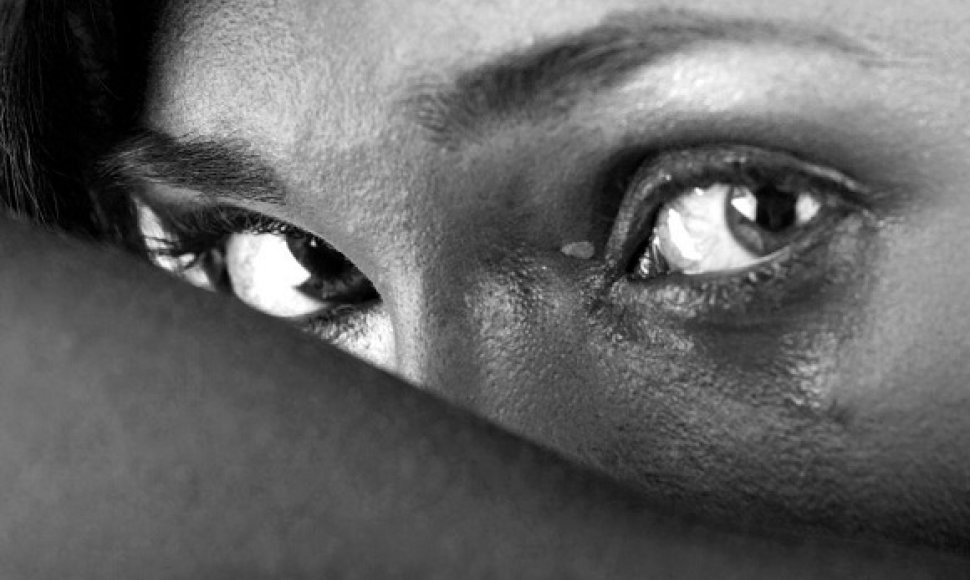The first step towards solving the problem has already been taken. After a decade of heated discussion, politicians finally conceded that violence within family is not merely domestic friction, but a serious crime, injurious to the society as a whole. After the law came into effect, even the police were flabbergast – Lithuania appeared to be ruled by the law of fist.
The Law of Protection Against Violence in Close Environment, that came into effect last December, is driving the police into despair – they had to open more domestic violence cases than anyone had expected.
“The figures are impressive and revealing. During the first month since the law came into force, the police received 3 483 calls about domestic violence and opened 1 149 criminal cases,” says Renatas Požėla, deputy general commissioner. “And our forecasts had been around 5 thousand cases a year.”
 |
| BFL nuotr./Renatas Požėla |
In the opened cases, vast majority of abuse victims are women – 936, also minors – 113, men – 94. Among the suspects, 836 are men, 46 are women, and 3 are minors.
In 2010, the total number of calls about domestic conflicts was 42 714, while only 614 criminal cases were opened. The sharp jump in statistics is due to provisions in the new legislation.
“Before, most of the calls were evaluated in terms of possibility of opening a case. That is, if a victim suffered minor pain or injury, the police officer would explain the proceedings of private legal action,” Mr Požėla explains. “Whereas now officers almost always take the abuser to the police station.”
The whip of the new law hit the abusers hard. However, it is still too early to make definite judgements about the preventive effect. “If the number of calls and criminal cases decrease proportionally, we'll be able to say that the law met its target,” deputy general commissioner says. “Now we have a point of departure, figures for the first month, and we'll be able to compare them later on.”
The police are not happy about the figures. Workload has increased considerably while corresponding rise in pay is not in view. “The workload is massive. We have to respond to calls, deal with abusers, with victims, collect evidence, pass them on to the court, make sure we carry out court decisions and so on,” says Mr Požėla.













